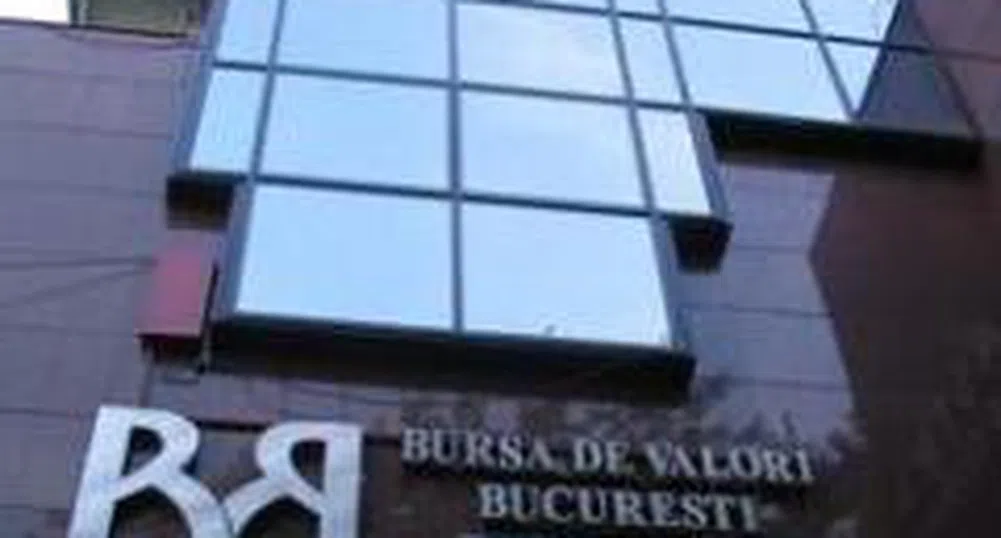Bucharest Stock Exchange Tries To Set up Energy Market

The management of the Bucharest Stock Exchange (BSE) is getting ready to launch a market of electricity derivatives together with the Prague Stock Exchange, thus offering domestic investors the possibility of betting on energy prices, Ziarul Financiar reported.
Recently, Petr Koblic, chairman of the Prague Stock Exchange, has met with members of the BSE Board in Bucharest to discuss the setting up of a domestic market of derivates using electricity as underlying asset, according to official sources. The talks are the first step the domestic Stock Exchange is taking to launch a market for trading electricity futures.
Trading energy futures on the BSE will allow large energy consumers to lock a long-term electricity price by acquiring derivatives and hedge against possible price fluctuations. Small investors will also be able to speculate on electricity prices.
At present, there is a single electricity market domestically, managed by OPCOM, a subsidiary of state-controlled Transelectrica company. However, this is a spot market, where buyers pay to get energy. "On OPCOM market it is physical products that are traded, while the BSE will trade financial products. There won't be competition between the two markets," said Razvan Purdila, head of Transelectrica's business development unit.
The stake behind launching an energy derivatives market is high for the Bucharest Stock Exchange. On the one hand, the two energy giants set to be created in the wake of the merger of several state-controlled companies are likely to turn into strategic participants in the new market. Moreover, should the Government stay true to its pledge of listing its stakes in energy companies, the BSE could become the leading market in the region for the energy field.
Moreover, the Stock Exchange needs to expand the range of products it offers investors, in the context where there are rare novelties on the stock market. BSE's floatation last week was the first one after an almost two-year hiatus, and many investors and brokers are criticising the shortage of available instruments. T-bills are also listed on the Bucharest Stock Exchange, but they trade only occasionally, as well as stock and exchange rate futures, but these have not managed to gain enough interest from the part of investors.
Source: Ziarul Financiar
)

&format=webp)
&format=webp)
&format=webp)
&format=webp)
